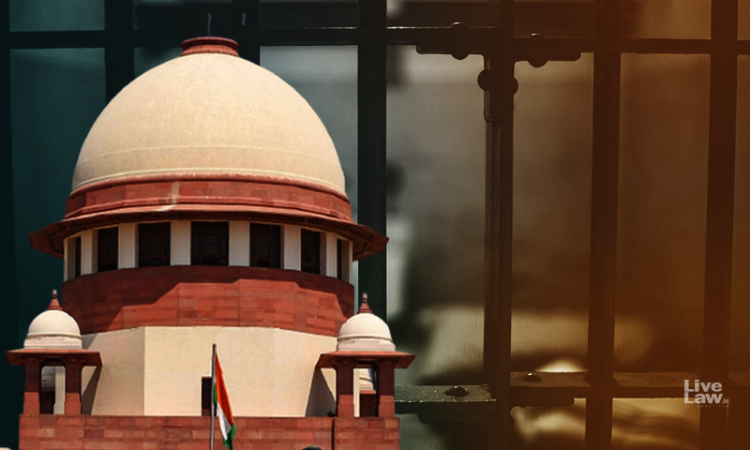Bail Order Should Be Furnished To Accused In Prison On Same Day Of Pronouncement : Supreme Court
Mehal Jain
28 April 2022 7:32 PM IST

Next Story
28 April 2022 7:32 PM IST
The Supreme Court on Thursday clarified that Rule 17 of the 2021 Draft Criminal Rules on Practice- which the High Courts have been directed to adopt - should be read as a mandate for furnishing of the bail order to the prison concerned, and the concerned prison in turn should furnsih the same to the accused on the same day of pronouncment.Rule 17 titled 'Bail' reads as follows- "i....
